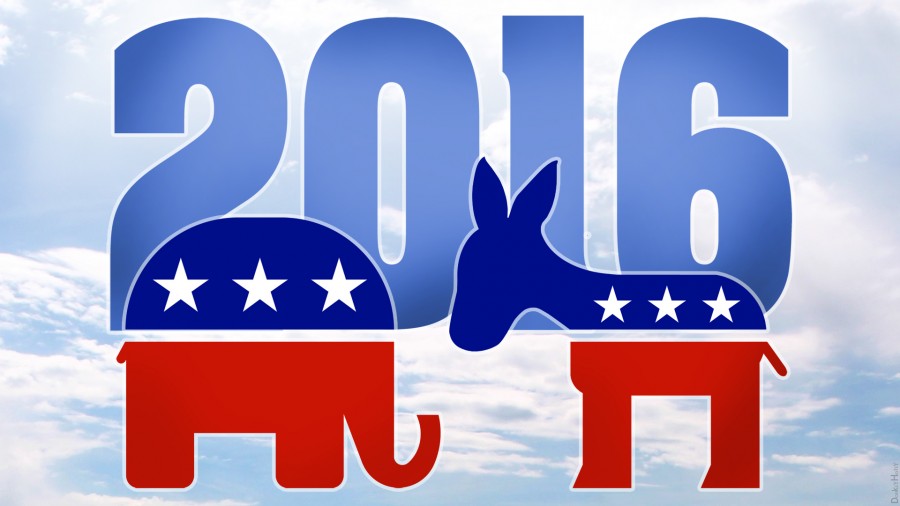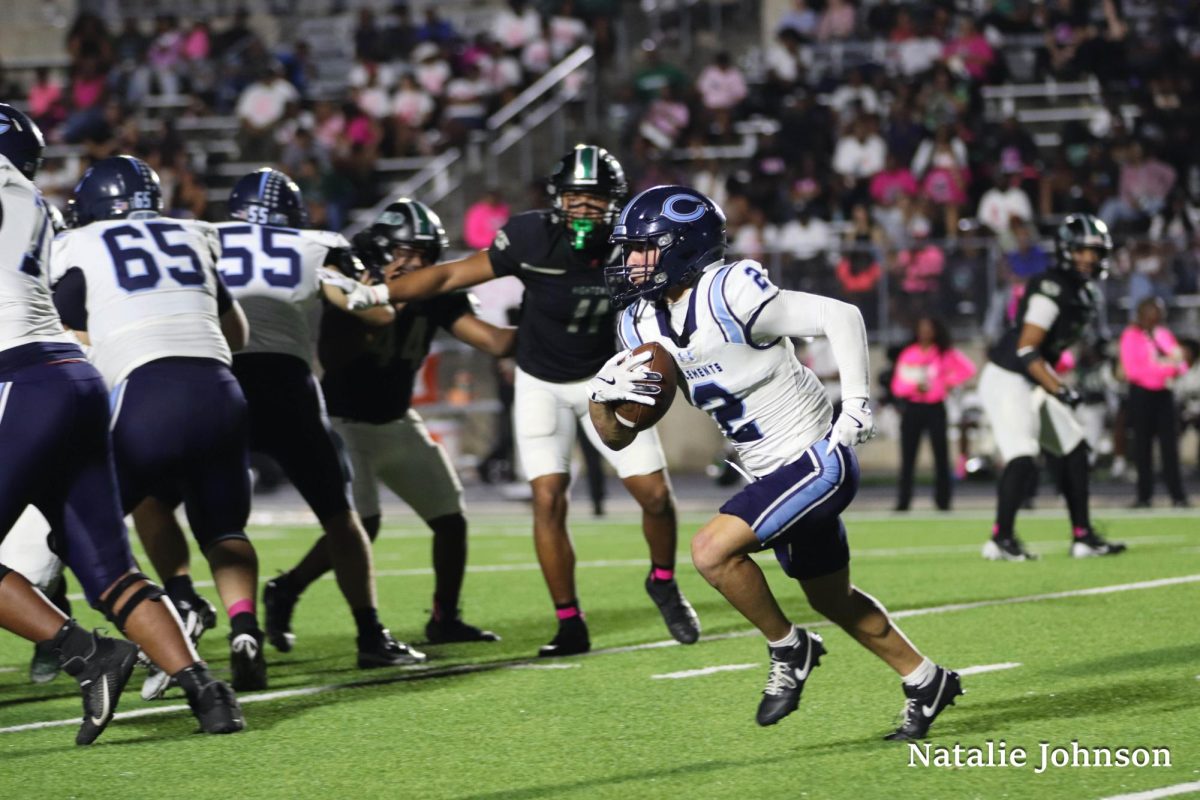What is a Primary?
February 10, 2016
A primary is an election on the state-level where the members of that party can vote to choose a candidate affiliated with their party. After the party candidates are chosen from both the Democratic and Republican Party, they run against each other in the general election. Of all the 50 states, only 34 take place in the primaries. The remaining 16 states take place in caucuses instead. In the U.S. there are four types of primaries:
- Closed- In this type of primary only members who are registered can vote
- Semi-closed- This type of primary is open to participation for registered voters and unaffiliated party members
- Open- In this type of primary, any registered voter can vote for any party primary
- Semi-open- In this primary any registered voter can vote for any party, but when they identify themselves to election officials, they must request a specific ballot for their party
The last U.S. presidential primary was on February 9th in New Hampshire. The first primary of the year always takes place in New Hampshire, while the first caucus takes place in Iowa. In the Republican Party, the fight to come out as the presidential candidate is very fierce. The voters of this party have a history of voting establishment based candidates. However, New Hampshire voters usually vote for anti-establishment candidates. Currently, Donald Trump is ahead in the race with a polling average of 32.2 percent. In the Democratic Party, Bernie Sanders is leading at 51.6 percent, with Hilary Clinton following at 39 percent.







